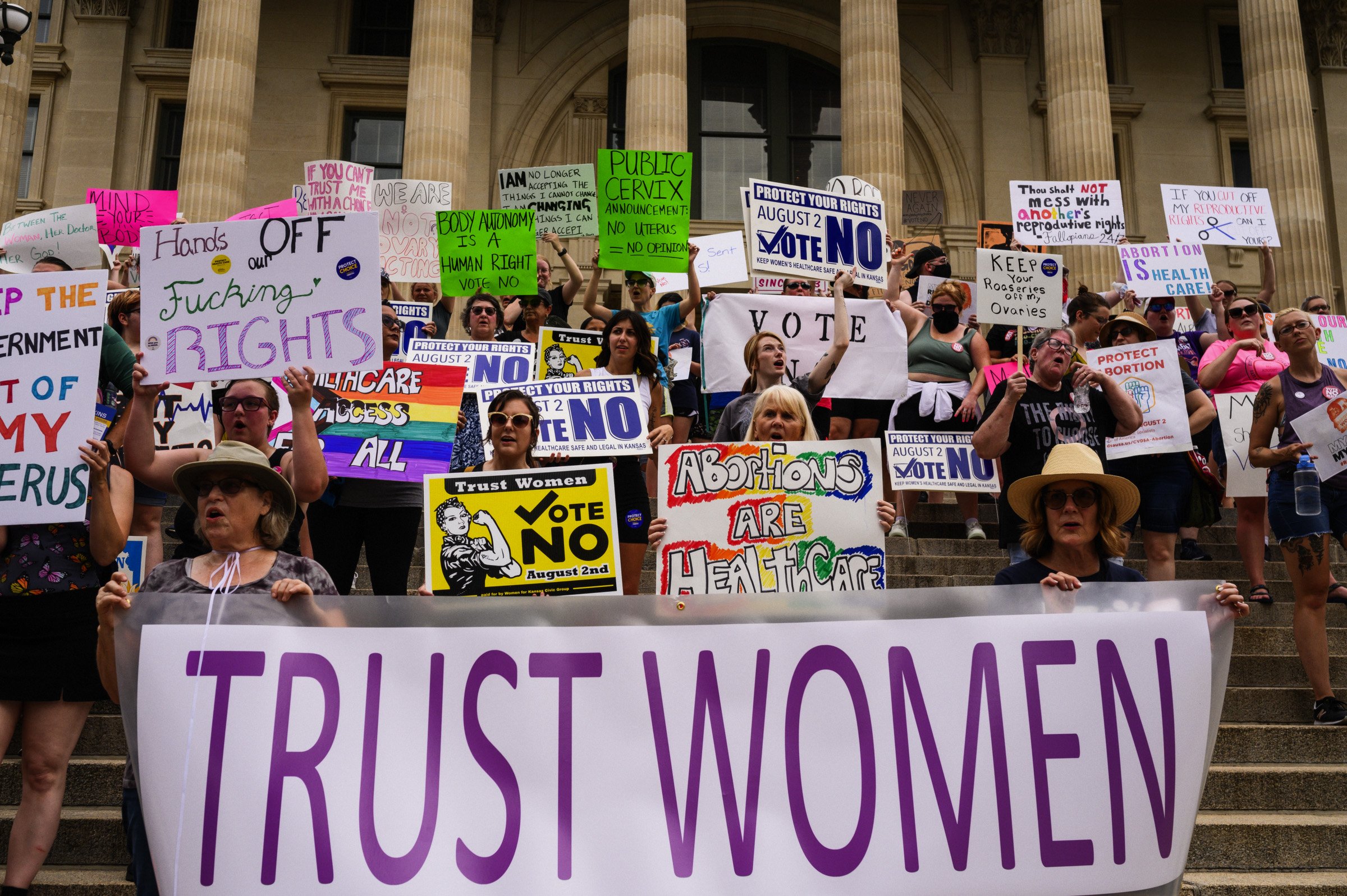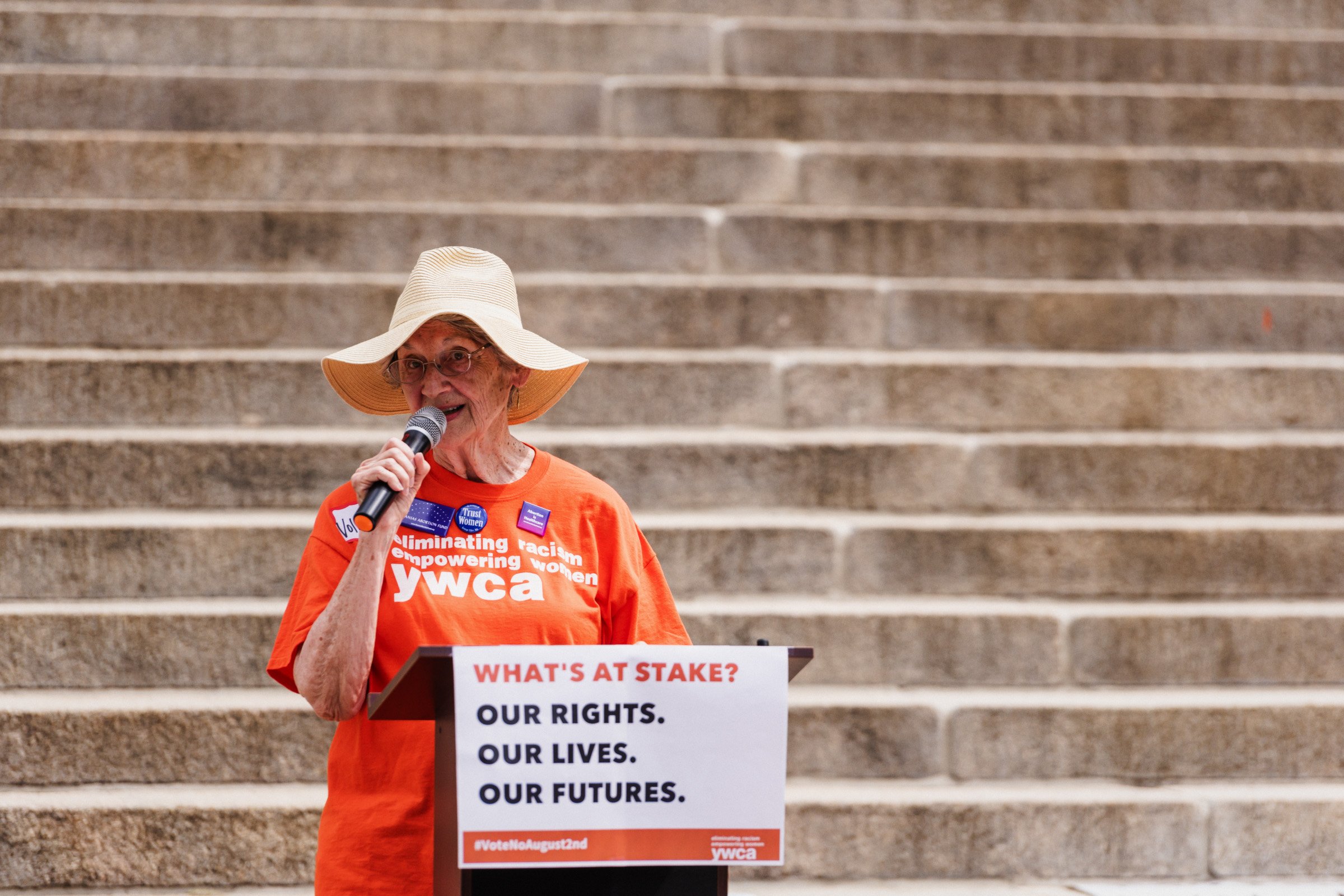Advocacy & Racial Justice
Photo credit: Shawn Brackbill
Join YWCA Northeast Kansas in our mission to break through the barriers that perpetuate racism.
We’ve been at the forefront of the biggest issues of the day for over 135 years: from voting rights to civil rights, from affordable housing to pay equity and from violence prevention to health care reform. We carry on this long tradition of social action and advocacy to advance our mission — and you are a crucial part of this work. Your voice is critical as we advocate for policies that bring us closer to eliminating racism, empowering women, and ensuring peace, justice, freedom and dignity for all.
Click below to sign up for Advocacy Alerts, and be the first to know about opportunities to get involved!

Join Our Work
-

Advocacy Committee
Creating a more just world through advocacy, civic engagement, and community education.
-

Racism Is A Public Health Crisis
Why is racism a public health issue, and what can we do about it in our community?
-

Racial Justice Book Club
Facilitated monthly discussions on books by and about people of color.
-

Trainings and Presentations
A variety of trainings, presentations, and workshops to help you build your understanding of racial justice.
-

Reproductive Justice
Information, resources, and efforts to support reproductive rights and reproductive justice for all.
-

Racial Justice Challenge
21 days of facilitated challenges to build more effective social justice habits.

